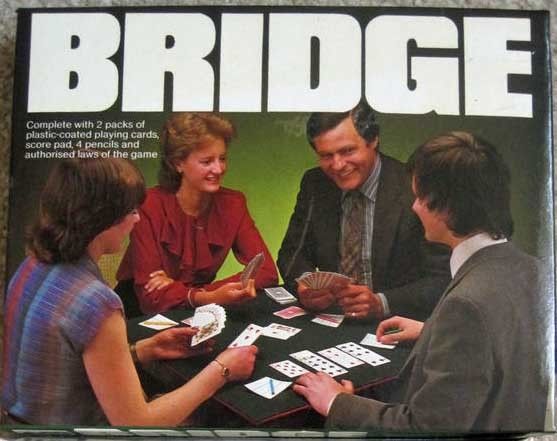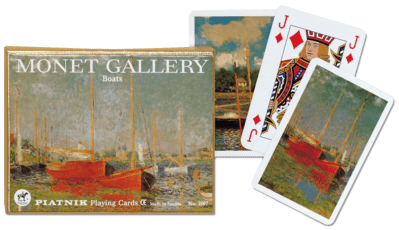Alright folks, gather ’round! Today we’re tackling a classic that has stood the test of time: Bridge. This is my review of a game that’s all about brains, strategy, and a bit of luck. We’ll explore how it keeps you on your toes, tests your wits, and builds strong teamwork. Spoiler: It’s a wild ride. Let’s jump right in!
How It Plays
Setting Up
To start, you need four players. Each player sits across from their partner. The deck is shuffled and dealt out so everyone has 13 cards. Get ready for some serious card management!
Gameplay
Bridge has two main phases: bidding and playing. First, you bid to decide the contract, which sets the target number of tricks your team aims to win. The highest bidder becomes the declarer. Then, cards are played in tricks, with players aiming to win each trick based on the contracts decided in the bidding.
Winning the Game
Winning isn’t just about having the highest cards. It’s about outsmarting your opponents. Each trick you win counts towards your contract. Meet or exceed your contract to score points. The first team to reach the agreed target score wins the game. It’s a wild ride of strategy and skill!
Want to know more? Read our extensive strategy guide for Bridge.
Array
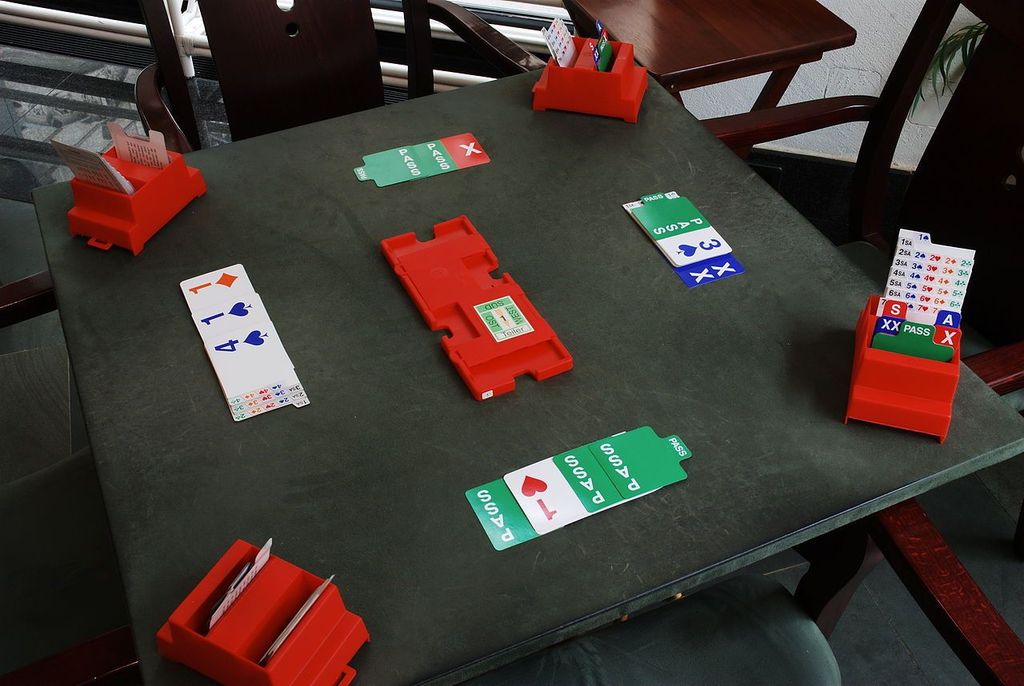
Strategy and Skill Level in Bridge: A Game for the Sharp-Minded
Bridge is the ultimate test for those who love a good mental workout. Forget Candyland; this game demands real strategy and a sharp mind. I remember my first game of bridge—felt like I was navigating an intellectual minefield. But, oh, the sense of victory when I finally won a hand! There’s nothing like it.
For starters, you need a partner who won’t let you down—literally and figuratively. Communication is key and knowing a bit of ‘bridge lingo’ is essential. Every card you play can make or break your chances. The game doesn’t cut you any slack for luck. It’s about skill, strategy, and sometimes, plain old grit.
It’s not just about what you play; it’s about how you play it. Your partner drops a hint with their cards, and you better catch it. Reading the opponents’ moves is like deciphering a secret code. The highs and lows of bridge resemble a roller-coaster ride, only without the safety harness. You must be committed to learning strategies like how to bid correctly and how to manage your hand. Expect to spend hours honing your skills if you want to compete at a high level.
If you’re competitive and adore challenges, bridge will be your new best friend. It’s a game where skill triumphs over luck, making it a breath of fresh air in a world full of dice rolls and chance cards.
Bridge requires an understanding of strategy and a lot of skill, making it perfect for people who love to think several moves ahead. Next up, let’s dive into player interaction and teamwork, which makes bridge even more fascinating!
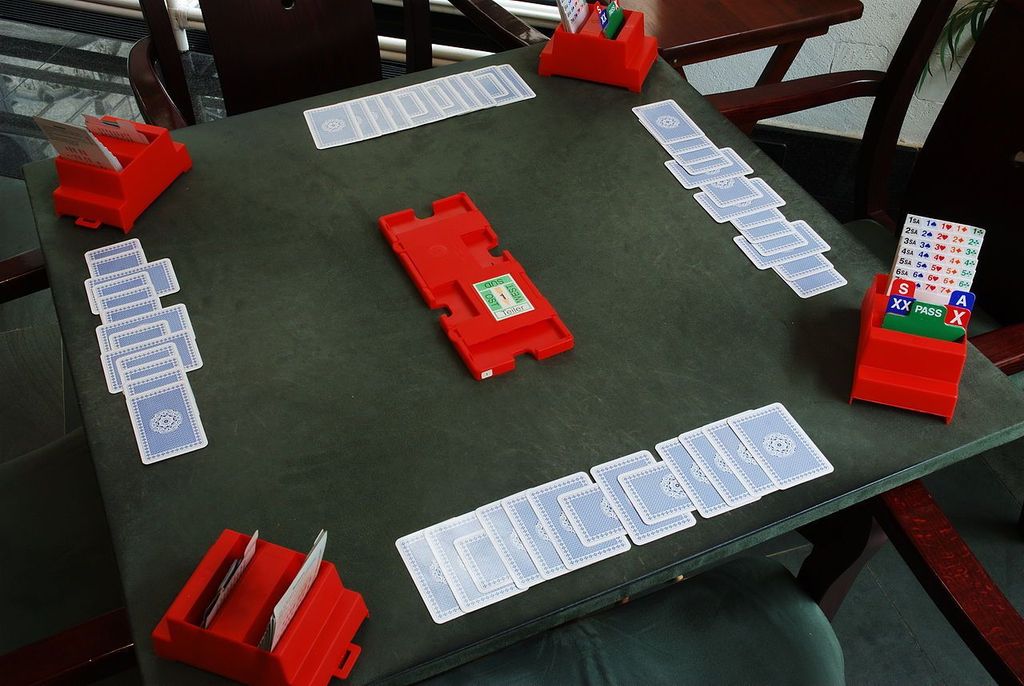
Player Interaction and Teamwork in Bridge
Bridge is a game that brings people together in the most fascinating ways. If you ever wanted a reason to invite your awkward cousin or that friend who never leaves the house, this is it. Bridge requires players to work in pairs, fostering a unique bond of trust, communication, and, let’s be honest, some well-disguised eye-rolling.
I remember my last game with my crew – let’s call them The Four Suits. We were sitting around the table, snacks in hand, ready to tackle whatever madness this game had in store. My partner, Steve, had a knack for giving me ‘the look’ that said, ‘Don’t screw this up.’ And hey, understanding ‘the look’ is half the battle in bridge!
Player interaction in bridge goes beyond mere card play. It’s about reading your teammate and opponents like an old, dog-eared book. The game pushes you to develop a sense of silent communication – perfect for those who enjoy a social game with extra layers.
What makes bridge stand out in terms of teamwork is the bidding phase. Here, you and your partner must figure out the best way to communicate your hands without spilling all the beans. It’s like two spies trading secret messages while the enemy (the other team) tries to eavesdrop.
Trust me, bridge is not for loners. The thrill comes from working in harmony, making strategic decisions together, and yes, sometimes blaming your partner when things go south. It’s all part of the charm and fun!
So, if you’re keen on a game that lets you flex your social muscles and strategic thinking, bridge is your go-to. Next up, let’s navigate the treacherous waters of balancing luck and skill in bridge.
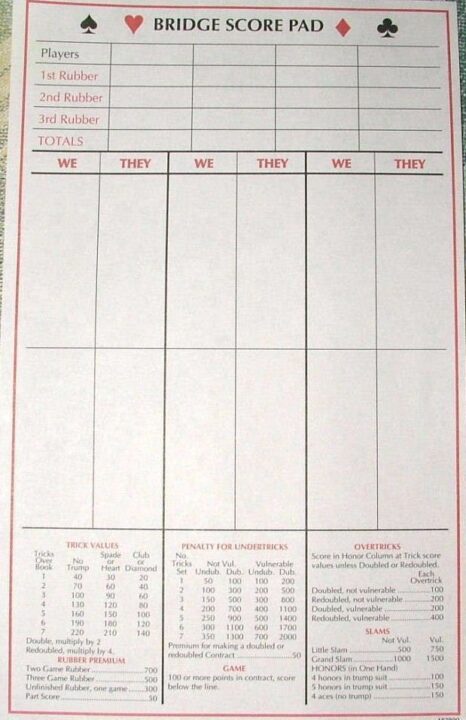
Balancing Luck and Skill in Bridge
Bridge is a mind game. I don’t mean it’s clever, though it is. It’s a game for sharp minds. In bridge, skill outweighs luck and that’s a rare find in card games. When I first played, I thought, ‘How hard can it be?’ Turns out, very!
But here’s the kicker. Luck does play a role. The deal of the cards can set you up for success or doom you to failure. This isn’t a game where you can blame everything on the Dealer of Doom. Good players know how to turn a sour hand into lemonade. It’s all about strategy.
Take my friend Mike, for instance. He drew a hand full of low cards – a classic ‘oh no’ moment. But, being the bridge wizard he is, he played it to perfection. Every trick was calculated. He didn’t win, but he didn’t lose badly either. That’s the beauty of bridge. Your skills can almost always pull you through.
Skill comes with practice. As you play more, you learn to read your partner, anticipate your opponents’ moves, and make the most of even a bad hand. Unlike many games where a bad roll seals your fate, bridge gives you multiple chances to use your skills to influence the outcome.
Balancing luck and skill is what makes bridge exciting. It keeps you on your toes and makes every game unique. You never know what’s coming next, but you always have the tools to handle it.
Do I recommend bridge? Absolutely! But only if you’re ready for a challenge. It’s not for the faint-hearted. Grab your cards and let’s play!
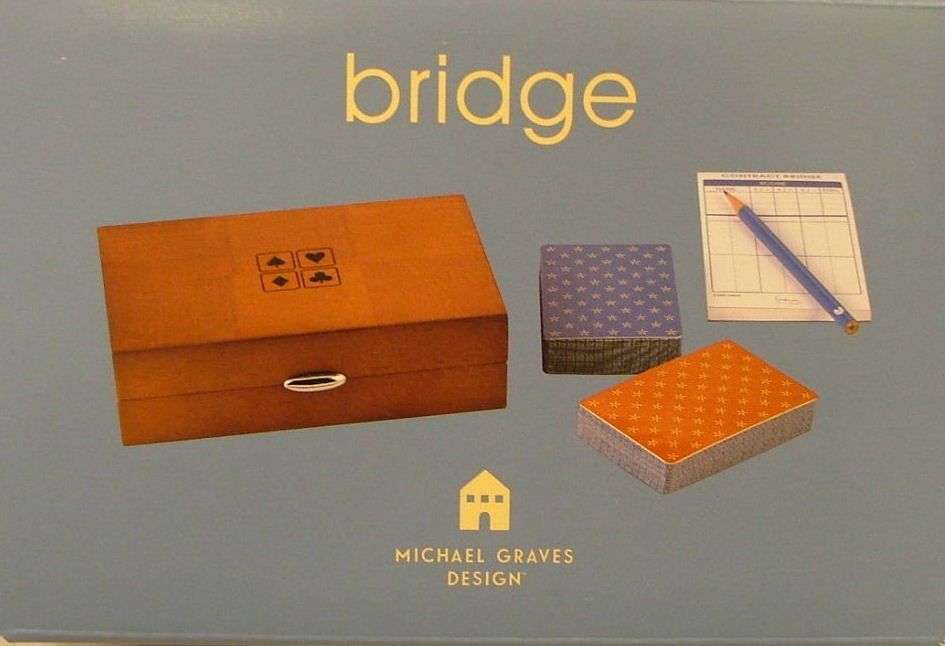
Conclusion
Well folks, that’s a wrap on our Bridge review! This game is a winner for those who love strategy, skill, and a good mental workout. The teamwork and social interaction take it up a notch, making it a great choice for game nights. Just remember, while luck plays a part, it’s the skill and strategy that will make you a Bridge master. Give it a try and see if you can outwit your friends!

